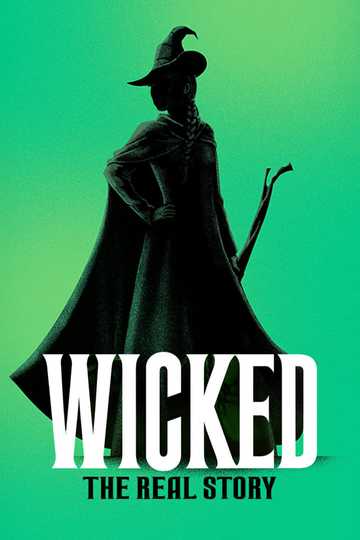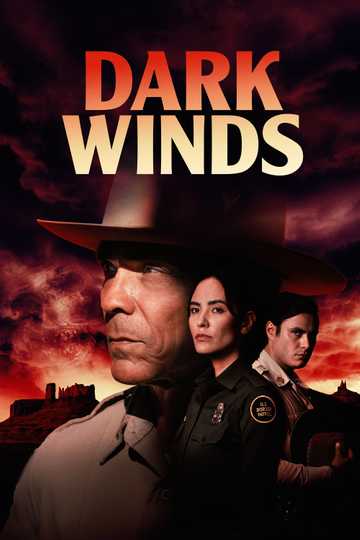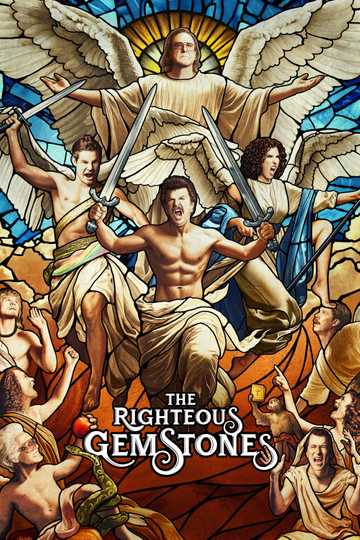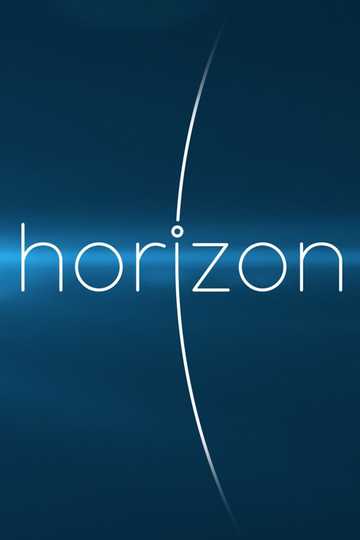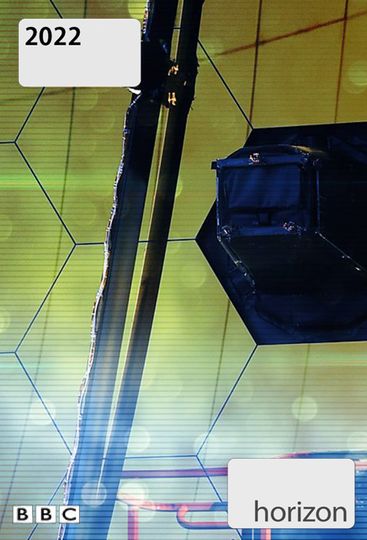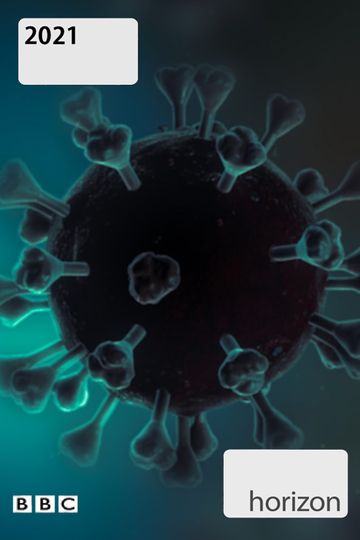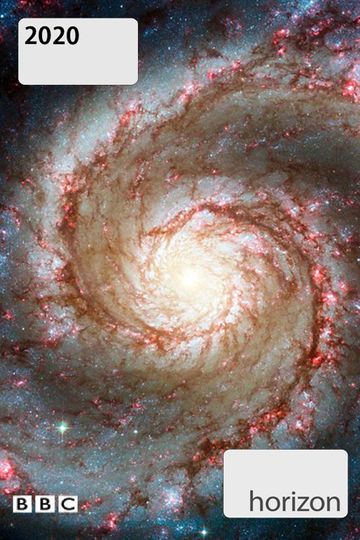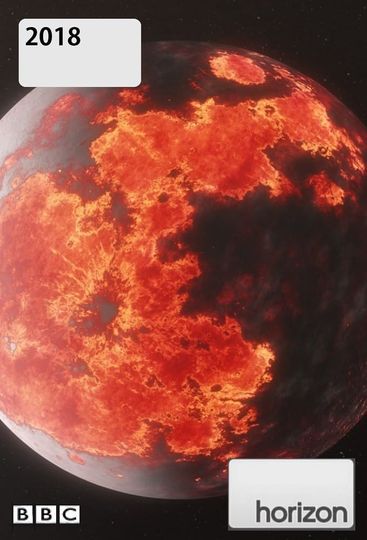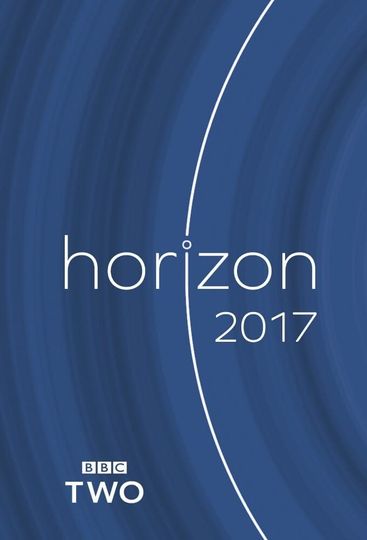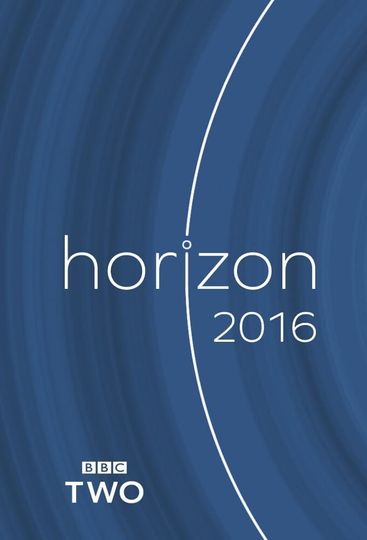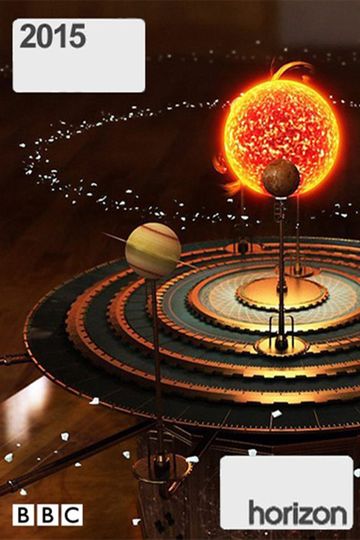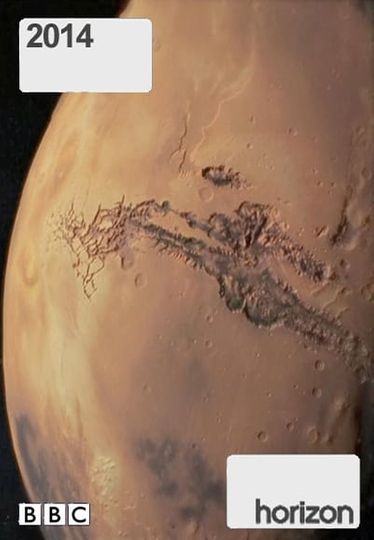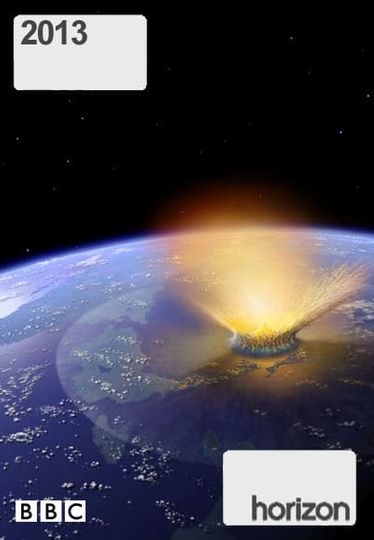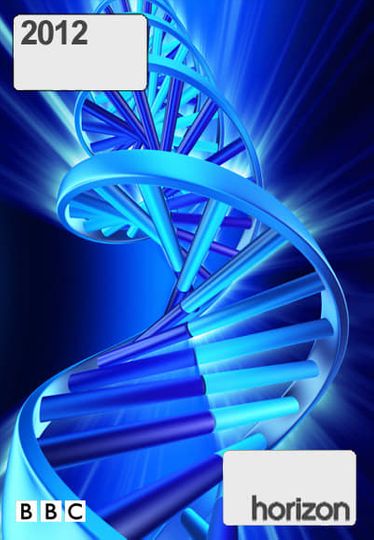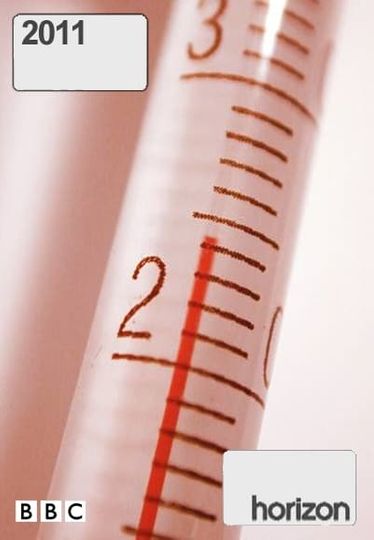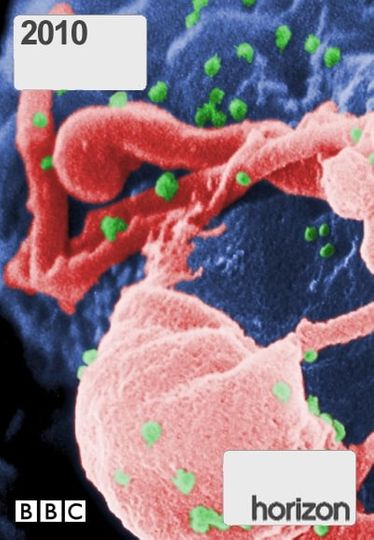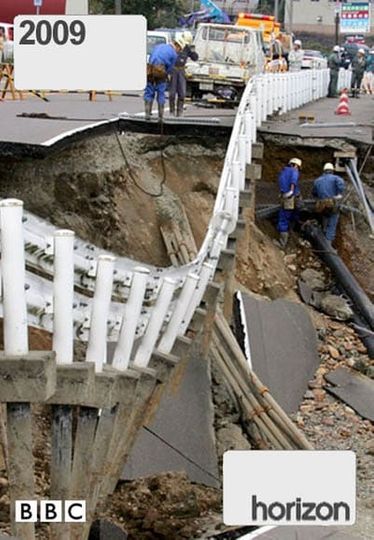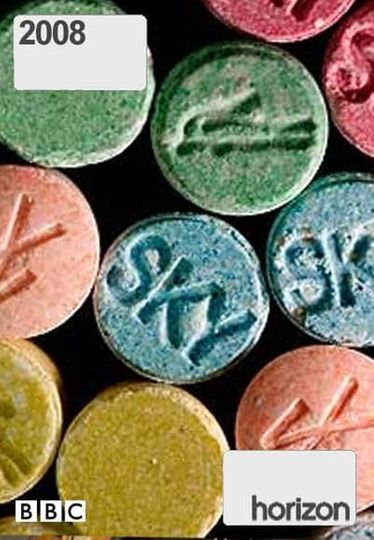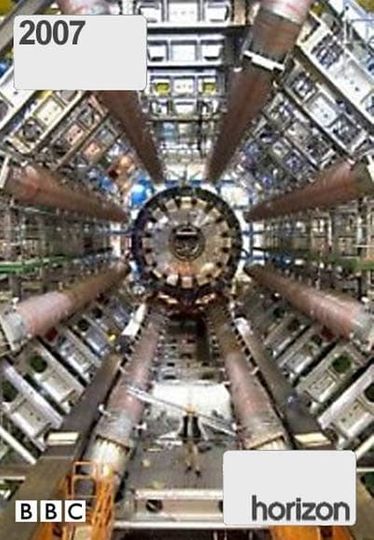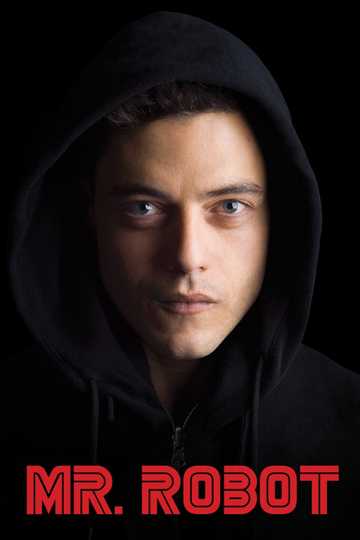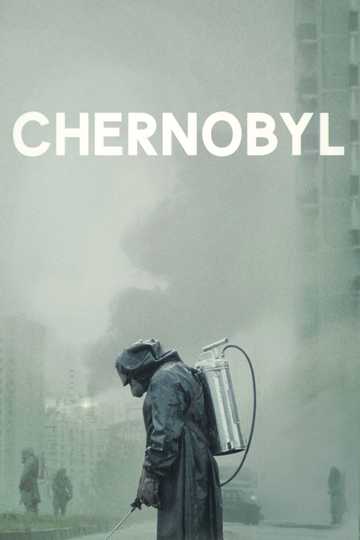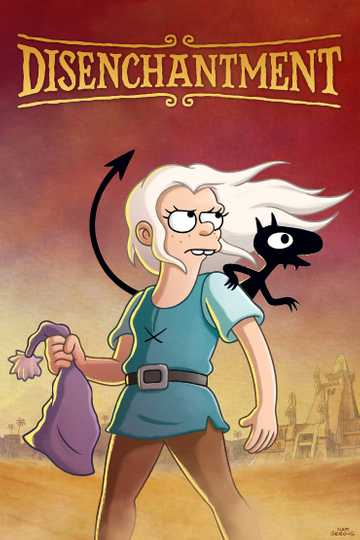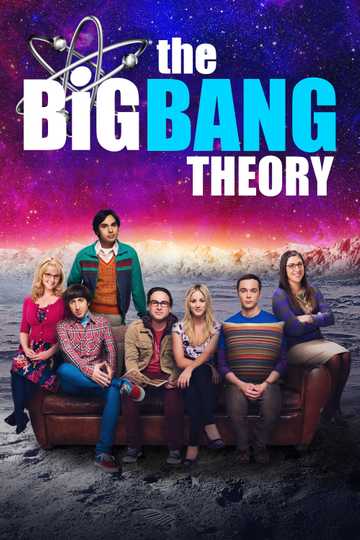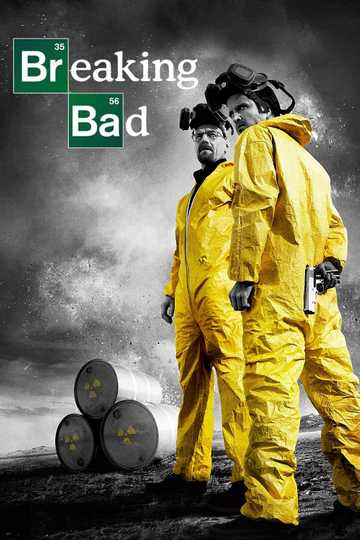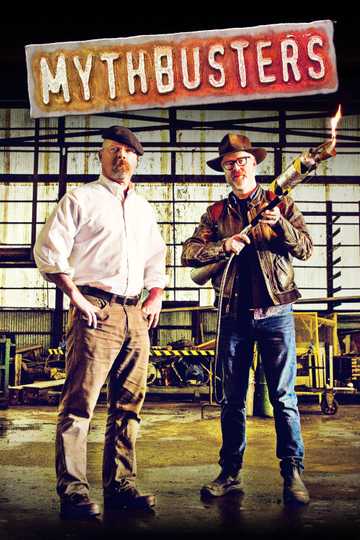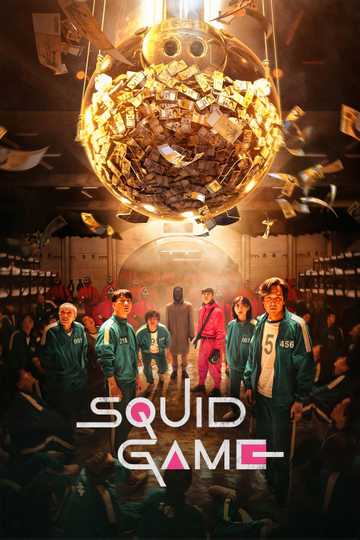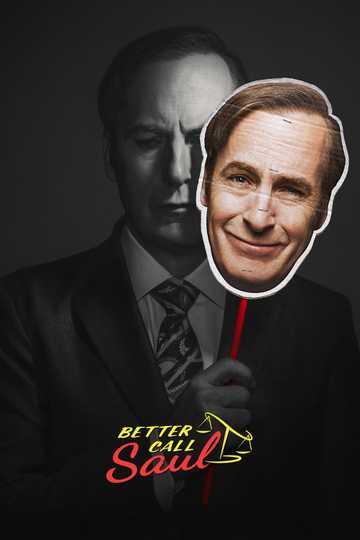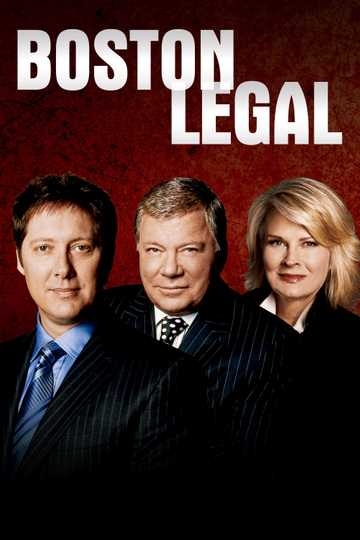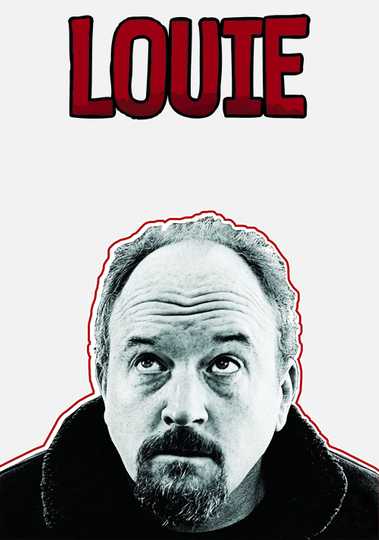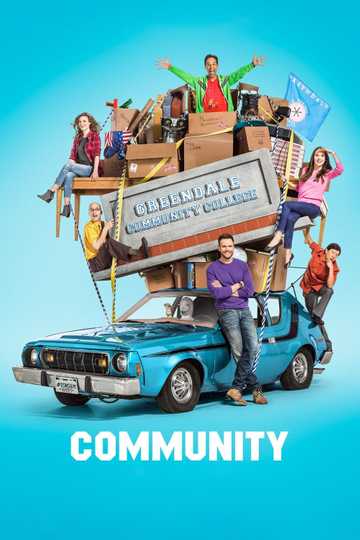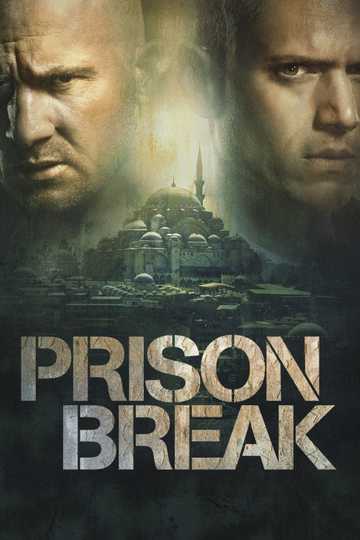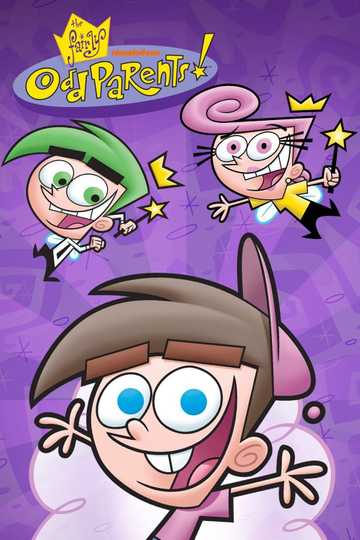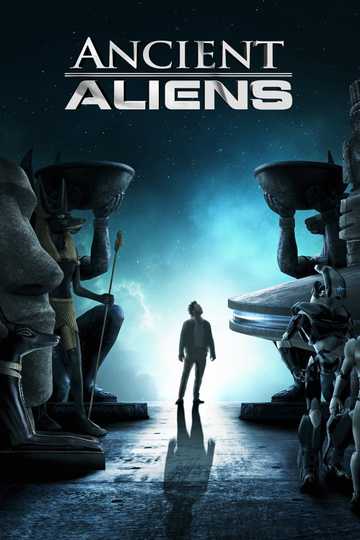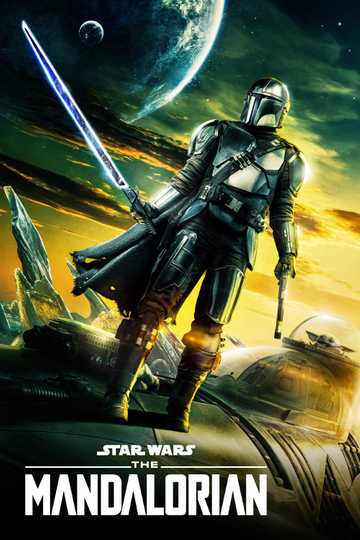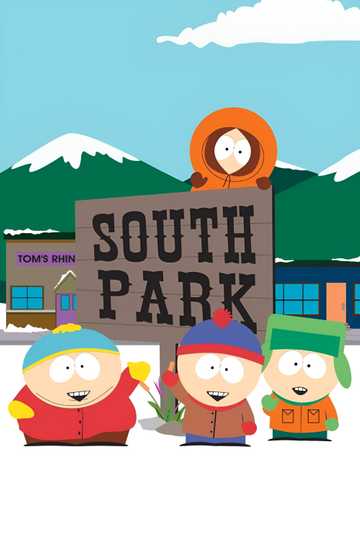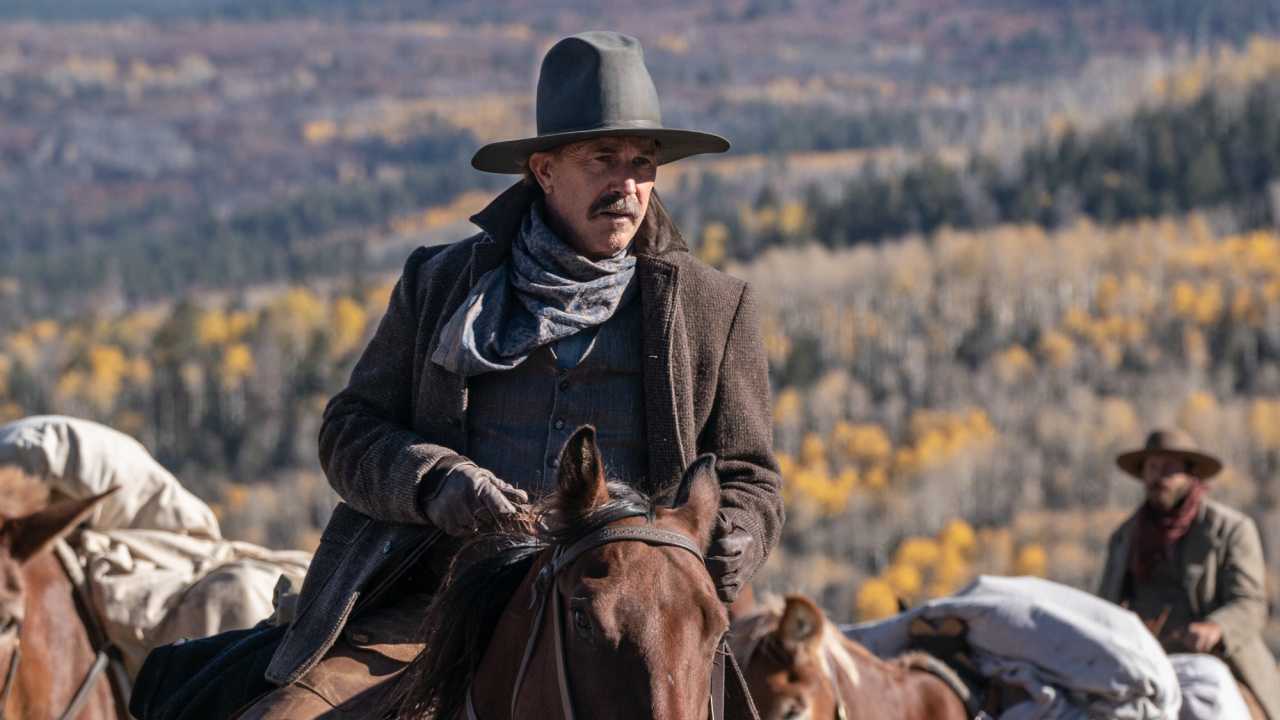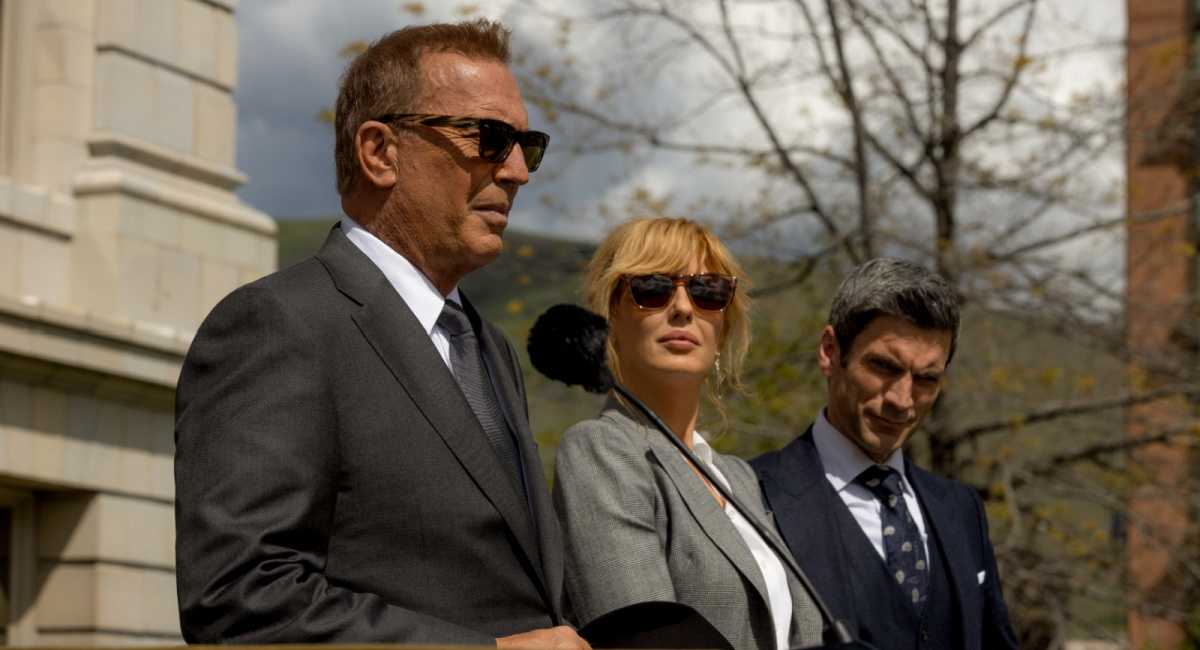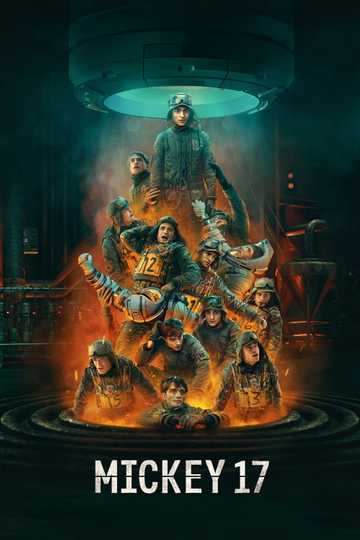2008 Episodes
1. How to Kill a Human Being
Michael Portillo looks at the science behind executions. Former Conservative MP, Michael Portillo pushes his body to the brink of death in an investigation into the science of execution. As the American Supreme Court examines whether the lethal injection is causing prisoners to die in unnecessary pain Michael sets out to find a solution which is fundamentally humane. To do so he examines the key methods of execution available today: he discovers why convicts can catch on fire in the electric chair, learns how easy it is to botch a hanging and inhales a noxious gas to experience first hand the terror of the gas chamber. Armed with some startling evidence Michael considers a completely new approach. Will it be the answer? There is only one way of finding out - to experience it himself.
2. Total Isolation
Psychologists subject six volunteers to a world without stimulation. For the first time in 40 years Horizon re-creates a controversial sensory deprivation experiment. Six ordinary people are taken to a nuclear bunker and left alone for 48 hours. Three subjects are left alone in dark, sound-proofed rooms, while the other three are given goggles and foam cuffs, while white noise is piped into their ears. The original experiments carried out in the 1950s and 60s by leading psychologist Prof Donald Hebb, was thought by many in the North American political and scientific establishment to be too cruel and were discontinued. Prof Ian Robbins, head of trauma psychology at St George's Hospital, Tooting, has been treating some of the British Guantanamo detainees and the victims of torture who come to the UK from across the world. Now he evaluates the volunteers as their brains undergo strange alterations.
3. What on Earth is Wrong With Gravity?
Dr Brian Cox wants to know why the Universe is built the way it is. Particle physicist and ex D:Ream keyboard player Dr Brian Cox wants to know why the Universe is built the way it is. He believes the answers lie in the force of gravity. But Newton thought gravity was powered by God, and even Einstein failed to completely solve it. Heading out with his film crew on a road trip across the USA, Brian fires lasers at the moon in Texas, goes mad in the desert in Arizona, encounters the bending of space and time at a maximum security military base, tries to detect ripples in our reality in the swamps of Louisiana and searches for hidden dimensions just outside Chicago.
4. Is Alcohol Worse than Ecstasy?
A trip through the highs and lows of the UK’s 20 most dangerous drugs. Recent research has analysed the link between the harmful effects of drugs relative to their current classification by law with some startling conclusions. Perhaps most startling of all is that alcohol, solvents and tobacco (all unclassified drugs) are rated more dangerous than ecstasy, 4-MTA and LSD (all class A drugs). If the current ABC system is retained, alcohol would be rated a class A drug and tobacco class B. The scientists involved, including members of the government's top advisory committee on drug classification, have produced a rigorous assessment of the social and individual harm caused by 20 of the UK's most dangerous drugs and believe this should form the basis of future ranking. They think the current ABC system is arbitrary and not based on any scientific evidence. The drug policies have remained unchanged over the last 40 years so should they be reformed in the light of new research?
5. How to Make Better Decisions
Lifting the lid on the business of human choices in an exclusive guide to making better decisions. We are bad at making decisions. According to science, our decisions are based on oversimplification, laziness and prejudice. And that's assuming that we haven't already been hijacked by our surroundings or led astray by our subconscious! Featuring exclusive footage of experiments that show how our choices can be confounded by temperature, warped by post-rationalisation and even manipulated by the future, Horizon presents a guide to better decision making, and introduces you to Mathematician Garth Sundem, who is convinced that conclusions can best be reached using simple maths and a pencil!
6. How to Live to be 101
While scientists have been searching for the secrets of long life, a few isolated communities have stumbled across the answer. The quest to live longer has been one of humanities oldest dreams, but while scientists have been searching, a few isolated communities have stumbled across the answer. On the remote Japanese island of Okinawa, In the Californian town of Loma Linda and in the mountains of Sardinia people live longer than anywhere else on earth. In these unique communities a group of scientists have dedicated their lives to trying to uncover their secrets. Horizon takes a trip around the globe to meet the people who can show us all how to live longer, healthier lives.
7. Prof. Regan's Supermarket Secrets
Friendly bacteria, superfoods, cholesterol busting spreads, 99% germ free, whiter than white...it's almost impossible to find a product in the supermarket today that doesn't come with impressive claims...a scientific claims, but do they actually do what they say? Are they worth the price? Are they worth a place in Prof. Regan's shopping trolly?
8. Are we Alone in the Universe?
Use the Drake equation to calculate the number of civilisations in our galaxy. For fifty years, the Search for Extra Terrestrial Intelligence has been scanning the galaxy for a message from an alien civilisation. So far to no avail, but a recent breakthrough suggests they may one day succeed. Horizon joins the planet hunters who've discovered a new world called Gliese 581 c. It is the most Earth-like planet yet found around another star and may have habitats capable of supporting life. NASA too hopes to find fifty more Earth-like planets by the end of the decade, all of which dramatically increases the chance that alien life has begun elsewhere in the galaxy.
9. How Much is Your Dead Body Worth?
Horizon investigates the medical revolution that has created an almost insatiable demand for body parts . When veteran broadcaster Alistair Cooke died in 2004 few suspected that he was yet to uncover his greatest story. What happened to his body as it lay in a funeral home would reveal a story of modern day grave robbery and helped smash a body-snatching ring that had made millions of dollars by chopping up and selling-off over 1000 bodies. Dead bodies have become big business. Each year millions of people's lives are improved by the use of tissue from the dead. Bodies are used to supply spare parts, and for surgeons to practice on. Horizon investigates the medical revolution that has created an almost insatiable demand for body parts and uncovers the growing industry and grisly black market that supplies human bodies for a price.
10. How Does Your Memory Work?
Horizon journeys into the human memory, from how it emerges in childhood, develops through to adulthood, and fades in middle age. You might think that your memory is there to help you remember facts, such as birthdays or shopping lists. If so, you would be very wrong. The ability to travel back in time in your mind is, perhaps, your most remarkable ability, and develops over your lifespan. Horizon takes viewers on an extraordinary journey into the human memory. From the woman who is having her most traumatic memories wiped by a pill, to the man with no memory, this film reveals how these remarkable human stories are transforming our understanding of this unique human ability. The findings reveal the startling truth that everyone is little more than their own memory.
11. The President's Guide to Science
Horizon asks some of the biggest names in science to have a quiet word with the new American president. The United States president is quite simply the most powerful man on earth, but past presidents have often known little about science. That is a problem when the decisions they make will affect every one of us, from nuclear proliferation to climate change. To help the new president get to grips with this intimidating responsibility, some of the world's leading scientists, from Dawkins to Watson, share some crucial words of advice.
12. How Mad Are You? (1 of 2)
First of a two-part special. Ten volunteers have come together for an extraordinary test. Five are 'normal' and the other five have been officially diagnosed as mentally ill. Horizon asks if you can tell who is who, and considers where the line between sanity and madness lies.
13. How Mad Are You? (2 of 2)
Second part of the special documentary considering where the line between sanity and madness lies as ten volunteers come together for an extraordinary test. With five 'normal' volunteers and five who have been officially diagnosed as mentally ill, Horizon asks if you can tell who is who.
14. Jimmy's GM Food Fight
Jimmy Doherty, pig farmer, one-time scientist and poster-boy for sustainable food production is on a mission to find out if GM crops really can feed the world. We need to double the amount of food we produce in the next fifty years to feed the world's growing population. Are GM crops the answer? Or are they a dangerous Frankenstein technology that could start an environmental catastrophe? To find the answers Jimmy is on a journey that will take him from the vast soya plantations of Argentina to the traditional Amish farms of Pennsylvania; and from the cutting-edge technology of the GM laboratories to the banana plantations of Uganda.
15. Do You Know What Time It Is?
Particle physicist Professor Brian Cox asks, 'What time is it?' It's a simple question and it sounds like it has a simple answer. But do we really know what it is that we're asking? Brian visits the ancient Mayan pyramids in Mexico where the Maya built temples to time. He finds out that a day is never 24 hours and meets Earth's very own Director of Time. He journeys to the beginning of time, and goes beyond within the realms of string theory, and explores the very limit of time. He discovers that we not only travel through time at the speed of light, but the experience we feel as the passing of time could be an illusion.
16. Allergy Planet
We are in the grip of an allergy epidemic. Fifty years ago one in 30 were affected, but in Britain today it is closer to one in three. Why this should be is one of modern medicine's greatest puzzles. In search of answers, Horizon travels round the globe, from the remotest inhabited island to the polluted centres of California and the UK. We meet sufferers and the scientists who have dedicated their lives trying to answer the mystery of why we are becoming allergic to our world.
17. Where's My Robot?
Danny Wallace really wants a robot. He wants it to walk like him and talk like him. It's what scientists have been promising us for generations but it's a promise so far unfulfilled. Danny circumnavigates the globe searching for robot nirvana, trying to uncover how far away his dream is. He discovers that the robotics world is as weird as it is insanely complicated. During his quest he meets a Japanese man who makes copies of himself and his daughter, an Italian who claims he's found the key to human intelligence in a video game and a Singaporean whose unpromising-looking homage to Dusty Bin might just turn out to be the robot of Danny's dreams.



